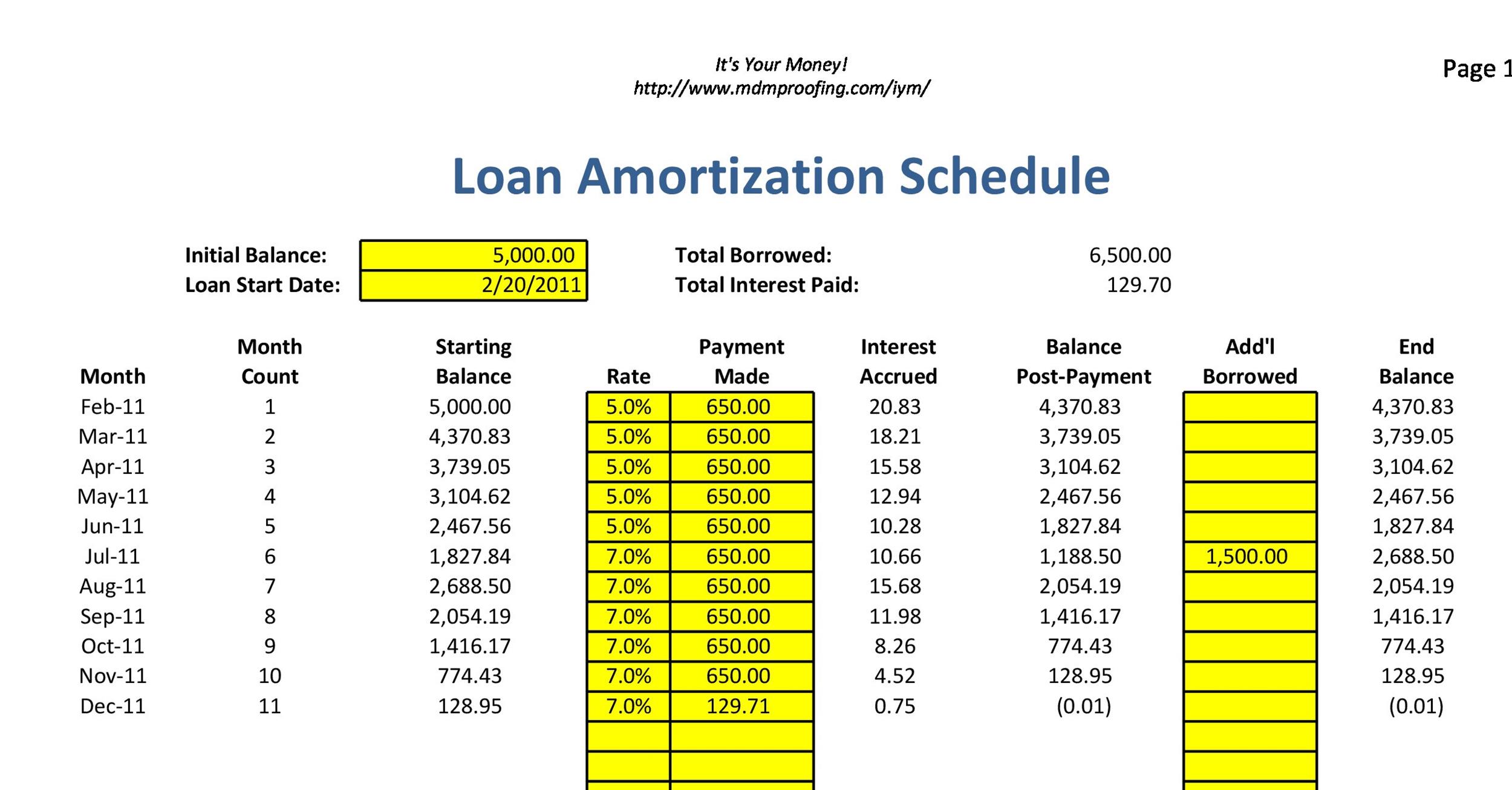how long will i live calculator

How Long Will I Live Calculator: Predicting Your Lifespan
Introduction
Have you ever wondered how long you'll live? It's a question that has crossed many minds, especially as we ponder our mortality and the mysteries of the future. Fortunately, in today's age of advanced technology, there are tools available to help us estimate our lifespan. One such tool gaining popularity is the "How Long Will I Live Calculator." In this article, we'll dive into what these calculators are, how they work, and what factors influence their predictions.
Table of Contents
| Sr# | Headings |
|---|---|
| 1. | Understanding the Calculator |
| 2. | Factors Considered |
| 3. | Lifestyle Choices Matter |
| 4. | Genetic Influence |
| 5. | Health and Well-being |
| 6. | Stress and Longevity |
| 7. | Importance of Exercise |
| 8. | Diet and Nutrition |
| 9. | Social Connections |
| 10. | Mental Health |
| 11. | Conclusion |
1. Understanding the Calculator
So, what exactly is a "How Long Will I Live Calculator"? It's a digital tool designed to estimate your lifespan based on various factors such as age, gender, lifestyle choices, and health history. These calculators use sophisticated algorithms to analyze data and provide you with a rough estimate of how many years you may have left.
2. Factors Considered
When you input your information into a lifespan calculator, it takes into account several key factors. These include your age, gender, current health status, family history of diseases, occupation, and even your postcode. By considering these variables, the calculator can offer a personalized prediction tailored to you.
3. Lifestyle Choices Matter
Your lifestyle plays a significant role in determining your longevity. Factors such as smoking, alcohol consumption, diet, exercise habits, and stress levels can all impact your overall health and lifespan. Making healthier choices can positively influence the outcome predicted by the calculator.
4. Genetic Influence
While lifestyle choices are crucial, genetics also play a role in determining how long you'll live. Your family history can provide clues about your susceptibility to certain diseases and conditions, which can affect your lifespan. However, genetics is just one piece of the puzzle, and lifestyle factors often have a more significant impact.
5. Health and Well-being
Maintaining good health and well-being is essential for longevity. Regular check-ups with healthcare professionals, managing chronic conditions, and staying up-to-date with vaccinations can all contribute to a longer and healthier life. The calculator takes into account your current health status and any existing medical conditions.
6. Stress and Longevity
Chronic stress can take a toll on both your physical and mental health, potentially reducing your lifespan. High levels of stress have been linked to an increased risk of various health problems, including heart disease, obesity, and depression. Learning to manage stress effectively can positively impact your longevity.
7. Importance of Exercise
Regular exercise is one of the most potent ways to improve your health and extend your lifespan. Physical activity helps maintain a healthy weight, strengthens your heart and muscles, and reduces the risk of chronic diseases. The calculator may take into account your exercise habits when predicting your lifespan.
8. Diet and Nutrition
A balanced diet rich in fruits, vegetables, whole grains, and lean proteins is essential for overall health and longevity. Eating a nutritious diet can help prevent obesity, heart disease, diabetes, and other health conditions. The calculator may consider your dietary habits when estimating your lifespan.
9. Social Connections
Strong social connections and a supportive network of friends and family can positively impact your mental and emotional well-being, which, in turn, can influence your lifespan. Maintaining http://www.calculatoronline.chat/mortgage-calculator-massachusetts/ and engaging in social activities can contribute to a longer, healthier life.
10. Mental Health
Your mental health is just as important as your physical health when it comes to longevity. Chronic stress, anxiety, depression, and other mental health conditions can take a toll on your overall well-being and reduce your lifespan. The calculator may take into account your mental health status when making predictions.
Conclusion
In conclusion, while a "How Long Will I Live Calculator" can provide insight into your potential lifespan, it's essential to remember that it's just an estimate. Many factors influence how long you'll live, including genetics, lifestyle choices, and overall health. By making healthier choices and prioritizing self-care, you can increase your chances of living a long and fulfilling life.
Frequently Asked Questions
1. How accurate are "How Long Will I Live Calculators"?
The accuracy of these calculators can vary depending on the complexity of the algorithm and the information provided. While they can offer valuable insights, they should be viewed as estimates rather than precise predictions.
2. Can lifestyle changes affect the predicted lifespan?
Yes, making positive lifestyle changes such as quitting smoking, exercising regularly, and eating a balanced diet can positively influence the predicted lifespan. Small changes can lead to significant improvements in overall health and longevity.
3. Can the calculator account for unforeseen circumstances or accidents?
Most lifespan calculators focus on health-related factors and do not account for unforeseen events such as accidents or natural disasters. While these events can impact lifespan, they are difficult to predict accurately.
4. Are there any privacy concerns with using these calculators?
It's essential to use reputable calculators from trusted sources to avoid privacy concerns. Make https://calculatoronline.icu/cumulative-interest-calculator-excel/ to read the privacy policy and understand how your data will be used before inputting any personal information.
5. Should I rely solely on the calculator's prediction for my future health?
While the calculator can provide useful insights, it's crucial to consult with healthcare professionals for personalized advice and recommendations regarding your health and well-being. Your doctor can offer guidance based on your individual circumstances and medical history.




